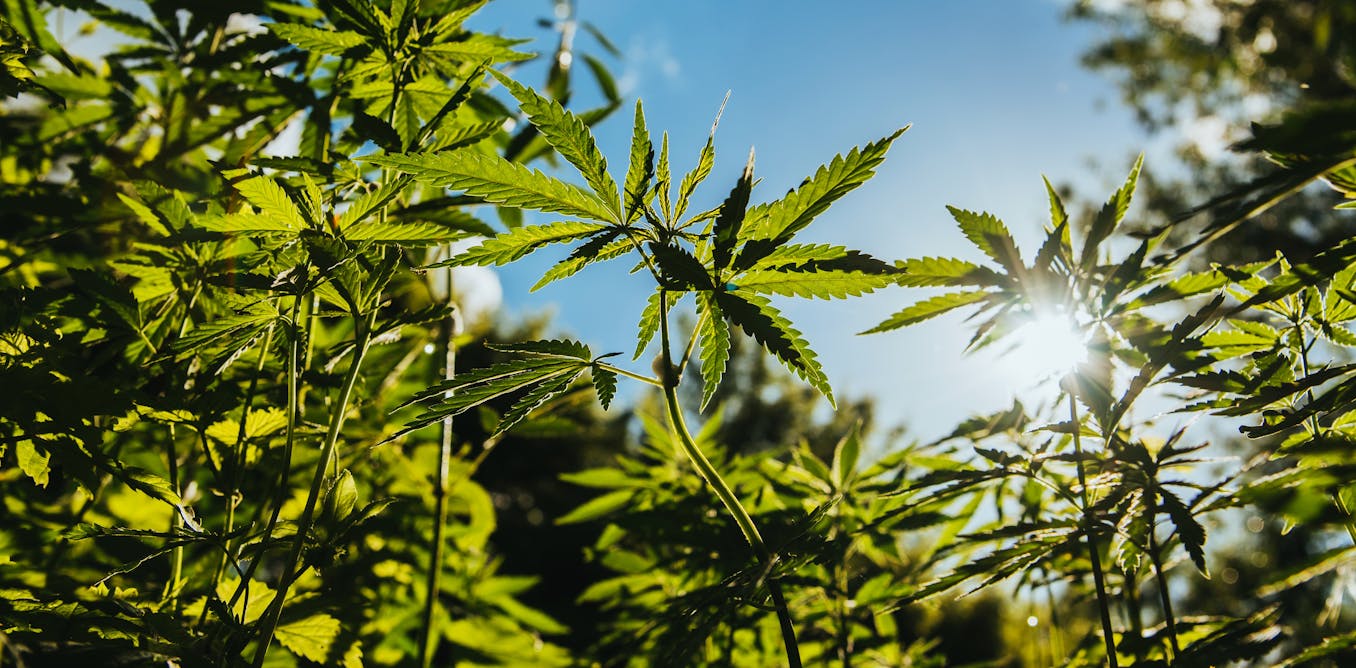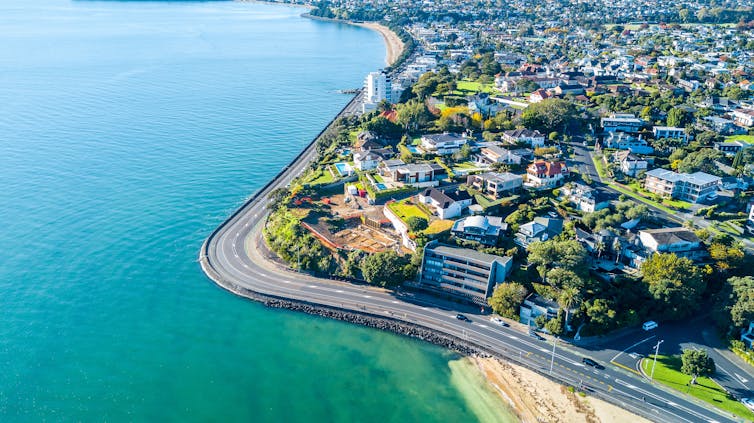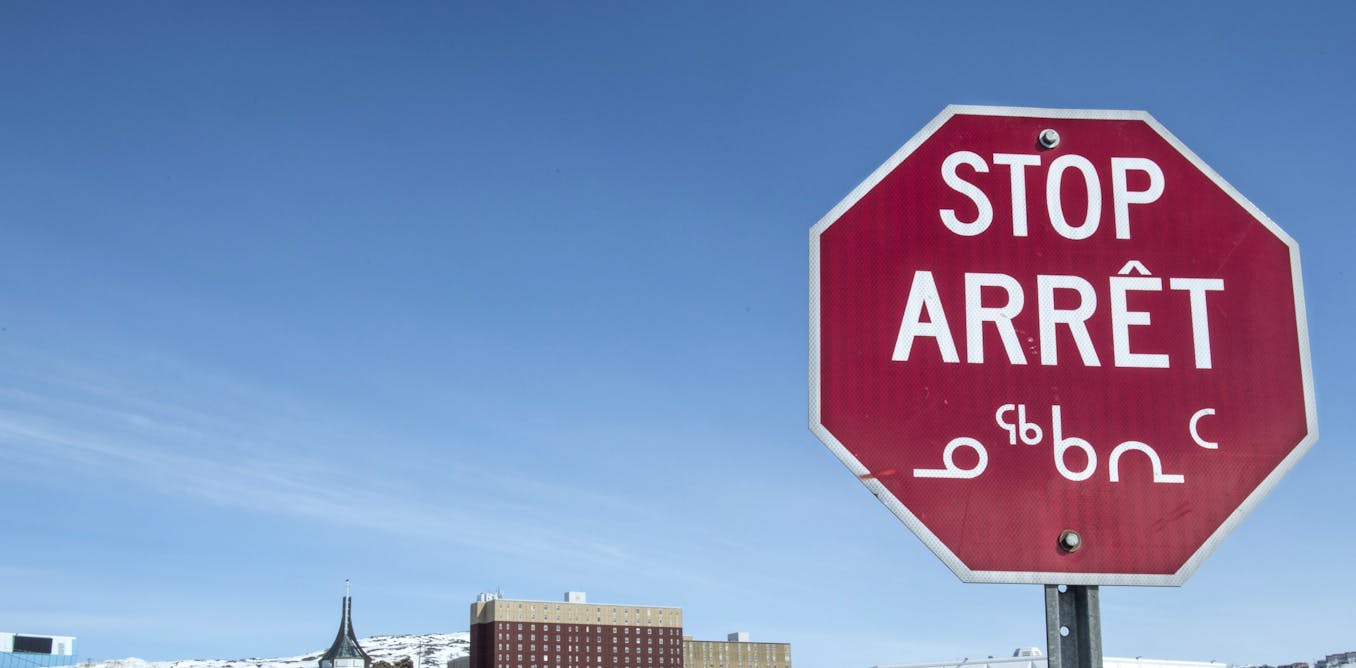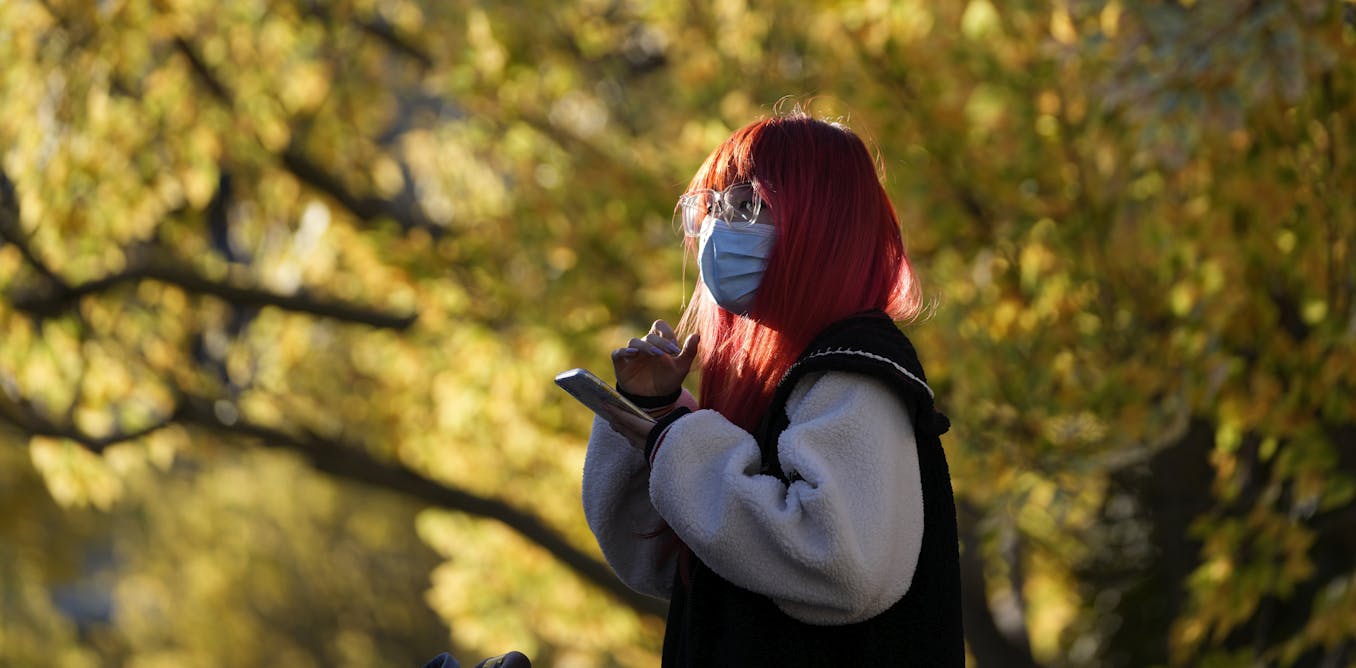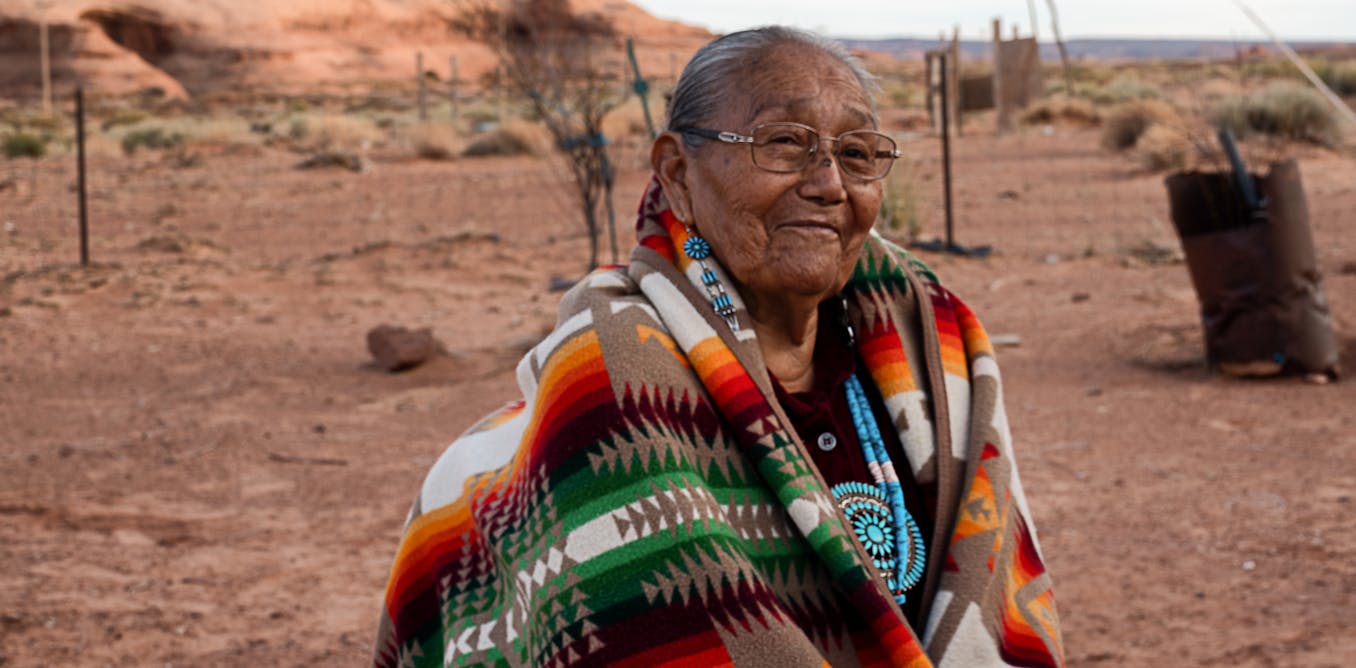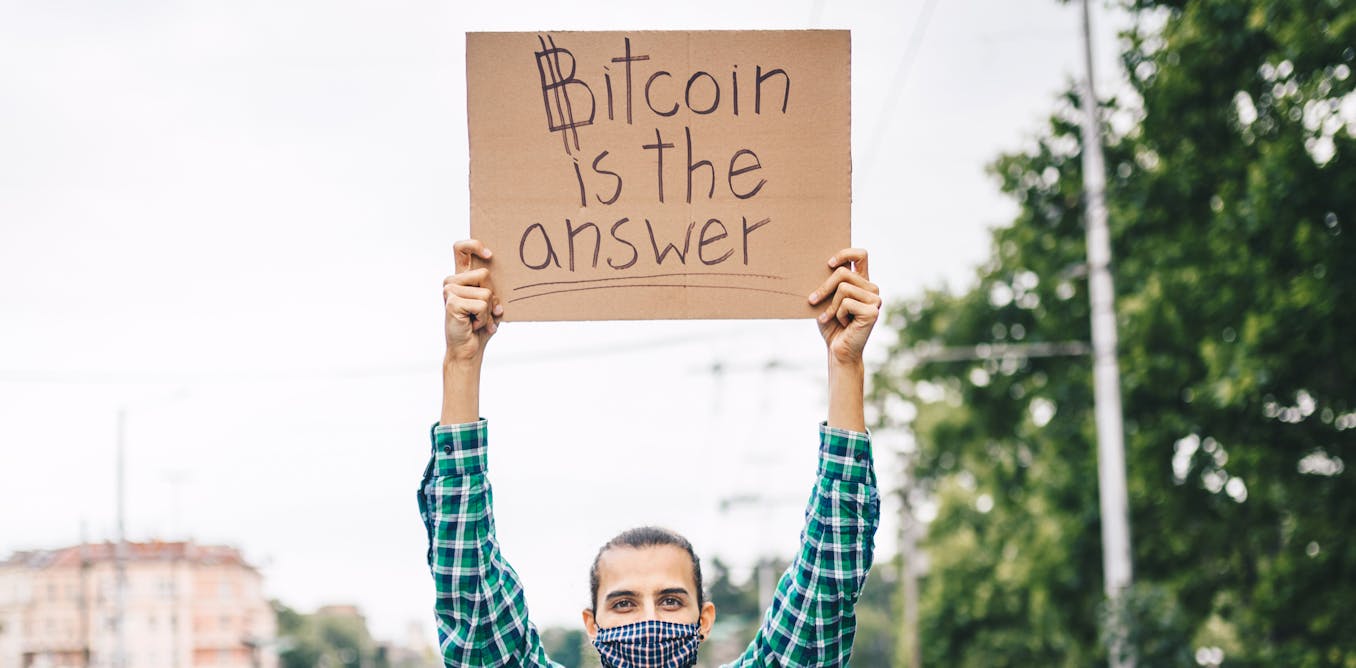In Mexico, how erasing Black history fuels anti-Black racism
Nationalist myth has associated ‘true Mexicanness’ with being ‘meztizo’ — a racial and cultural mix of Indigenous and Spaniard, even while the state enacted policies to assimilate Indigenous Peoples.
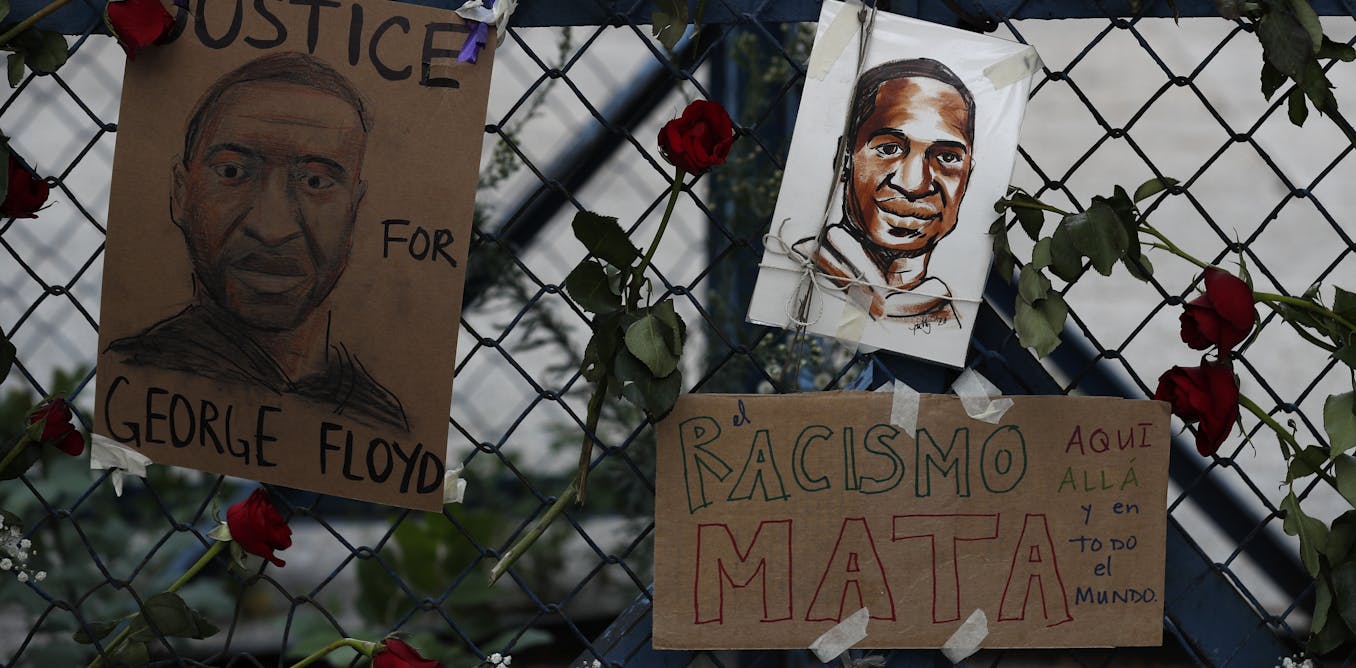
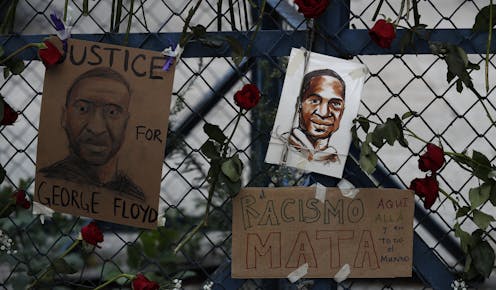
In early 2021, a Ghanaian migrant known as Faruku died in the northern Mexican city of Tijuana, near the Mexico-United States border, of an apparent stroke.
This was after being turned away from a hospital and later being asked to pay for an ambulance before it would assist him. A report from Refugees International notes that the circumstances “suggest medical racism” — negligence of care informed by racism.
Recent reports by other migrant rights and advocacy groups describe various instances of anti-Black racism as medical negligence in immigration detention centres in Tijuana and also in the southern town of Tapachula.
Faruku’s story has drawn attention to the plight of African and Haitian migrants in a state of limbo since 2019, when the U.S. first enforced laws forcing asylum-seekers trying to enter the country from Mexico to first await a Mexican court date.
It’s also drawn attention to anti-Black racism in Mexico, which is not only widespread, but a pillar of Mexicanness.
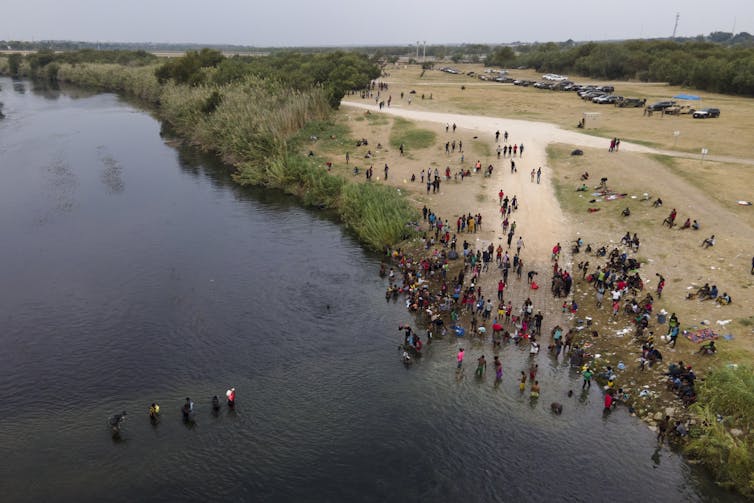
Long denial of Black history
Anti-Blackness includes the long denial of Black history in Mexico that affects the country’s more than 2.5 million Afro-Mexicans. According to 2015 figures, about two-thirds of the country’s population that self-identifies as Afro-Mexican also self-identifies as Indigenous.
Anti-Black racism in Mexico has been historically perpetuated by the legacies of slavery and the existence of a racist colonial-era racial caste system, and a modern nationalist myth that has associated true Mexicanness with being mestizaje. That means “mixed race,” a racial and cultural mix of Indigenous and Spaniard.
This ideology has romanticized a state-defined idea of Indigenity as anchoring authentic Mexican identity, even while the state enacted policies to assimilate and marginalize Indigenous Peoples.
Legacy of Black resistance
Colonists brought enslaved African people to the territory now known as Mexico throughout the 16th, 17th and 18th centuries. Some enslaved Africans attained their freedom by marrying free Indigenous people, while others were allowed to “purchase” their freedom.
Amid the intensive control and cruelties exerted over enslaved people in colonial Mexico, as elsewhere in the Americas, Africans resisted relentlessly and in various ways.
Resistance against colonialism by escaping slavery and creating “Maronnage” communities on the margins of slave society and slave rebellions were common throughout Latin America, including Mexico.
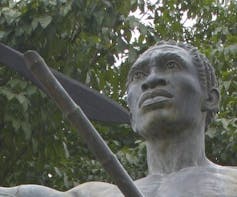
In colonial present-day Mexico, African resistance intensified. By the early 17th century, the first free, autonomous African community in the Americas, San Lorenzo de los Negros, was formed in what’s now the municipality of Yanga, named for its founder, African abolitionist Gaspar Yanga.
Historian Rhonda M. Gonzales notes that in New Spain in the 16th century, even while formerly enslaved labourers gained free status, “Africans, like Indigenous populations, were always subject to hegemonic Spanish institutions, government and ecclesiastical entities, as well.”
The ‘Society of Castes’
In this colonial era, Spanish colonists instituted a Society of Castes, a colonial legal racial classification system that specified a hierarchical ordering of race categories.
As historian R. Douglas Cope notes in his book, The Limits of Racial Domination: Plebeian Society in Colonial Mexico City, a “standard 17th-century format contained five to seven groups, ranked as follows: Spaniard, castizo, morisco, meztizo, mulatto, [Indigenous] and Black.” Spaniards considered these to be hierarchically ranked as per their proximity to full Spanish ancestry.
Mulatto referred to Spanish and African; meztizo referred to Spanish and Indigenous; caztizo referred to Spanish and mestizo; morisco to Spanish and mulatto.
But Cope also notes that “in its most extreme, this model distinguished more than 40 racial categories …”
People of African descent were often systematically excluded from performing certain trades, such as tailoring or carpentry. They were also taxed more than other castes and banned from priesthood.
The legacy of racism against Blackness and dark skin continues today. In 2017, Daniel Zizumbo-Colunga of Vanderbilt University, an expert in political psychology and behaviour, published a study confirming “darker skin is strongly associated with decreased wealth and less schooling,” and “race is the single most important determinant of a Mexican citizen’s economic and educational attainment.”
Likewise, recent research from the non-profit Centro de Estudios Espinoza Yglesias reveals skin tone determines social mobility, where darker skin shades correlate with lower rates of upward intergenerational mobility.
Idealized ‘mixed race’ identity
In the 19th-century nation-building period throughout Latin America, the notion of a “post-racial” society that was mestizaje (mixed race) gained traction. Versions of mestizaje vary among countries.
In Mexico, after the country gained independence in 1821, the caste system was officially dismantled and government envisioned the end of distinct racial identities codified in the caste system.
Heavily influenced by the essay The Cosmic Race by writer and intellectual Jose Vasconcelos, the country’s first education minister, the ideal emerged of a singular mestizaje Mexican national identity.
Vasconcelos helped consolidate mestizaje as a mythical story of building the Mexican nation through racial mixing where whiteness is desired and privileged with the promise of an inclusive society. At least until recently, Blackness was denied under mestizaje.
Part of promoting mestizaje identity meant intellectual and artistic movements fostered a romanticized image of Indigenous people and sought to absorb Indigeneity into symbols of national pride — while enacting political, economic and educational policy designed to assimilate Indigenous people.
Throughout the 20th century, the census of Indigenous Mexicans was exclusively based on language. Mexico’s constitution has only recognized Indigenous populations and communities since 1992. The government included a question allowing Indigenous people to self-identify on the 2000 census following Indigenous advocacy.
Constitutional recognition
The ability to even count the Afro-Mexican community is a new event: 2020 was the first year Mexicans of African descent were able to self-identify and be counted in Mexico’s census, following decades of activist work from Afro-descendant community organizers.
Afro-Mexican advocates note that inclusion in the census can help redress institutional discrimination, increase inclusion in politics and address environmental racism, among other advances.
But they also note constitutional reform does not guarantee the state will enact effective public policy or that Afro-Mexicans will be able to exercise their equal rights or the pursuit for reparations for slavery.
Affirming Black identity, dismantling racism
Activists defending the rights of Afro-Mexicans such as sociologist Monica Moreno Figueroa, who co-founded the Collective for Eliminating Racism in Mexico (Colectivo para Eliminar el Racismo en Mexico), have long advocated for the affirmation of Black identity in Mexico and the many ways it’s important for dismantling anti-Black racism.
Rodrigo Zarate Moedano, University of Veracruz education researcher and anti-racist expert, and other scholars seek to bolster community-based calls for racial justice by documenting how anti-Black and anti-Indigenous racism is reproduced through school curricula or national narratives — and by advocating for anti-racist school curricula.
The Migration Policy Institute report on African Migration though the Americas recommends that civil-society, anti-racist organizations provide anti-discriminatory training to immigration officials and public service agencies to combat anti-Black racism towards African migrants.
Such anti-racist efforts across sectors are urgently needed to challenge anti-Black racist colonial national myths and injustices that impact Afro-Mexicans, Afro-Indigenous and Black migrants and that deny the rights of Indigenous Peoples.
It’s important that community leaders, activists and academics recognize the need to name anti-Blackness, and the work ahead to dismantle it.![]()
Marycarmen Lara Villanueva does not work for, consult, own shares in or receive funding from any company or organization that would benefit from this article, and has disclosed no relevant affiliations beyond their academic appointment.
What's Your Reaction?




















